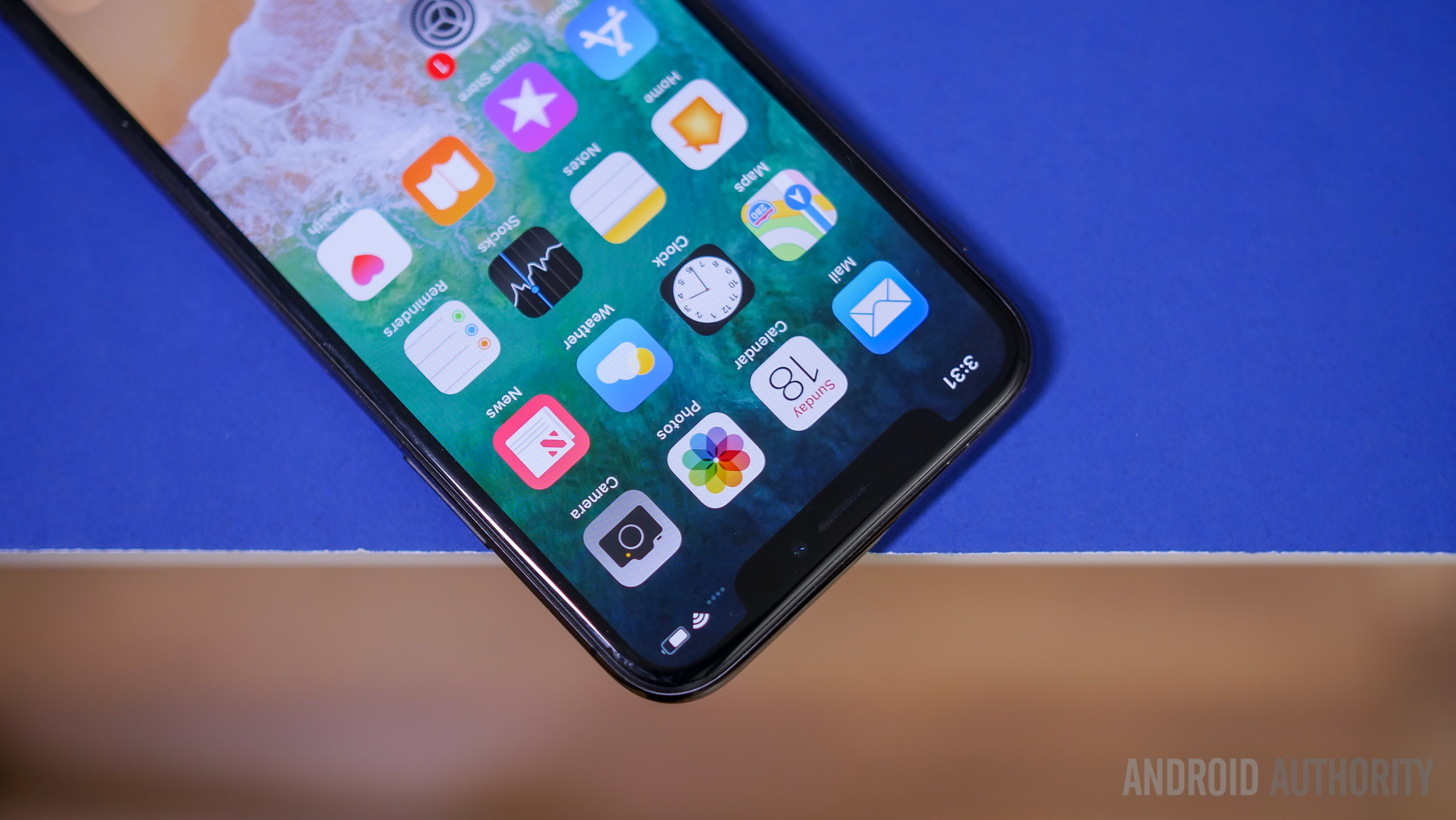
- A new rumor centering on Google’s expansion into China hit the internet today.
- This time, there are three codenames involved: “Dragonfly,” “Maotai,” and “Longfei.”
- There have been multiple rumors surrounding a China-Google compromise over the years — but none have ever panned out.
Google is by far the most ubiquitous search engine on the planet. Even though other search engines exist like Bing, Yahoo, Ask, DuckDuckGo, and more, Google dominates the industry with a 72 percent share globally.
But there’s one place where Google isn’t even close to being top dog, and that’s China. In fact, in China, the entire Google ecosystem has almost no presence at all.
The reason for this is because the Chinese government requires all internet search companies to drastically censor search results to block “controversial” queries like those for human rights, democracy, sex, religion, and peaceful protest. Google – so far – has refused to play ball, so Chinese citizens don’t get Google Search, Google apps, the Google Play Store, etc.
Over the years, there have been numerous times where rumors have popped up hinting that Google is finally going to concede to the demands of the Chinese government to bring Google to China. It’s happened so often that you could probably set your watch by it:
- NetEase might bring Google’s Play Store back to China
- Google Play Services to arrive in China this year, says Lenovo
- Google Play store reportedly coming to China in early 2016
- Google reportedly plans to re-enter mainland China through the Google Play Store
- Google Play may be coming to China
Today, internet news site The Intercept has a new rumor regarding Google’s alleged expansion into China, this time with a code name: Dragonfly. According to internal documents and “people familiar with the [Dragonfly] plans,” Google CEO Sundar Pichai is accelerating Google’s development in China after a meeting in December last year with a “top Chinese government official.”
The informants also say that Google has two censored Android app projects – codenamed “Maotai” and “Longfei” – that have already been shown to the Chinese government. If development continues at the expected pace, Google could launch these censored apps within the next six-to-nine months, according to The Intercept.
Is all of this possible? Yes. Is it likely? No.
Google going to China is about as likely as an Apple phone shipping with Android.
I’m not trying to say that The Intercept is working off false information or that this is an example of so-called “fake news.” But I am saying that the likelihood of Google ever agreeing to Chinese censorship after nearly a decade of refusal is pretty slim.
It could be that these codenamed projects are something else entirely, such as simplified versions of “non-controversial” Google apps, like Maps for example. Chinese citizens asking for directions via Google Maps is pretty innocuous, and for Google to make the app fit the limitations of the Chinese government wouldn’t require much work.
But is Google really going to do that? I just don’t think so. Just look at the recent news surrounding Google’s drone-warfare contract; can you imagine the outbreak of protests from civil rights groups across the globe if Google were to tacitly approve of Chinese censorship by moving its products there? It would be a firestorm.
However, crazier things have happened. But for now, I’m just going to add this rumor to the long list of past rumors and move on as if nothing happened.
NEXT: Google warming up to China again, announces new AI center


0 coment�rios:
Post a Comment